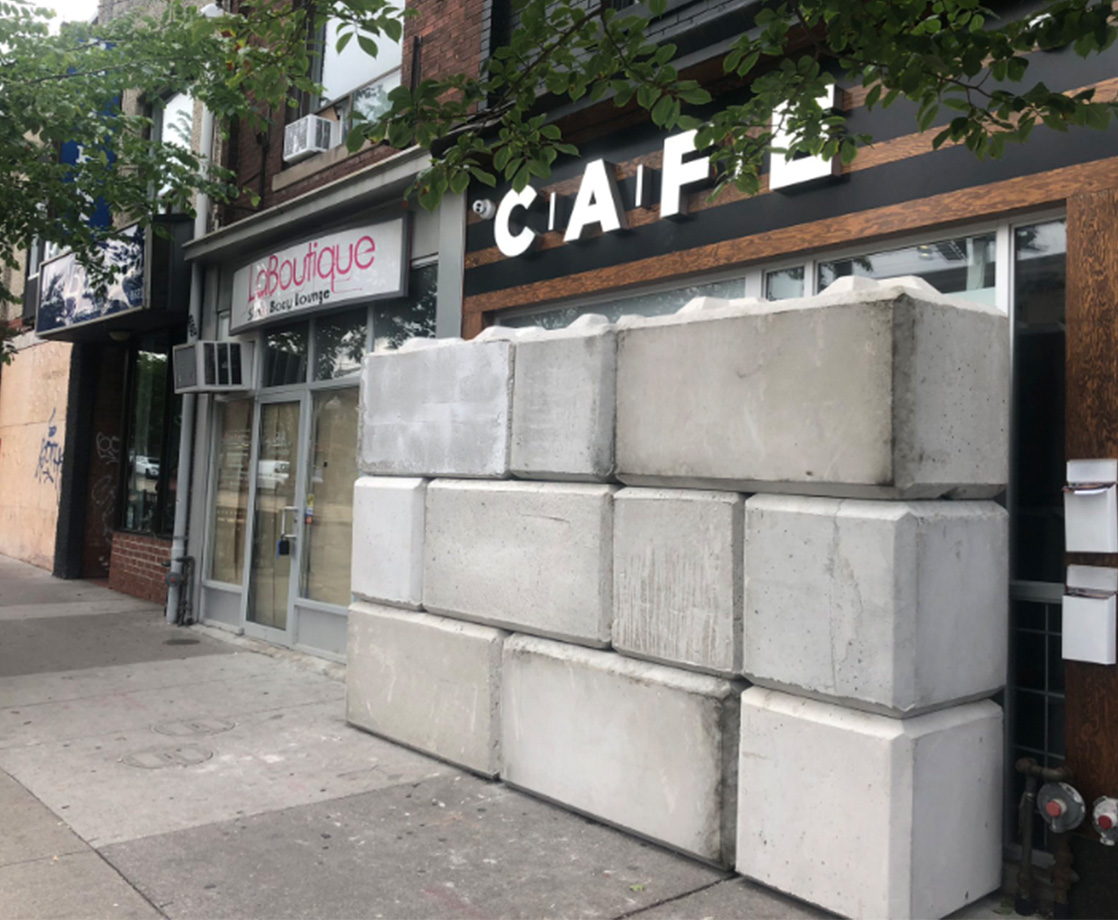The legal marijuana market is one of the fastest growing industries in the United States. That’s not news; what is news, however, is the fact that there are a number of businesses investing heavily in a future that may not come to fruition. Take Columbia Care for example, a medical marijuana healthcare company that opened Manhattan’s first dispensary.
Though New York is one of the most heavily populated cities in the world, when the company first opened its doors in the Big Apple this January, only 51 patients had been certified under New York State’s newly enacted medical marijuana law. And while the 51 patients only amounted to .0006% of the city’s population, the company is doing quite well. With the addition of its newest location, Columbia Care now operates in six heavily regulated states, and is considered one of the countries leading medical marijuana businesses.
Like Columbia Care, Zoned Properties is also gambling on a future in which cannabis prohibition does not exist. The Scottsdale, Arizona-based company is one of the nation's only real estate firms to specialize in building industrial facilities for industries involved in the growing, cultivation, and research of cannabis and its ancillary products.
In February, Zoned Properties announced that it received approval to develop a 58-acre mixed-use project in Chino Valley, Arizona. A month later, the company issued a press release announcing that it had successfully lobbied the City of Tempe to change its zoning requirements. The release also revealed their plans to build a 25,000 square foot facility to be used for medical-marijuana cultivation and food processing. The Tempe project is expected to cost $2.5 million.
Arizona’s medical marijuana laws are tightly regulated; and yet, Zoned Properties has managed to expand its portfolio. The firm currently owns $10 million in real estate, and shows no signs of slowing down.
Bryan McLaren is the company’s CEO, and in an interview with MERRY JANE, he shared his plans for growing his company, and in the process — demonstrated the type of relationships that other cannabis-centric CEO’s need to establish with local government officials.
In The Zone:
McLaren refers to the medical marijuana market as “one of America’s next macro-industries,” and says that, “[the] industry has created a platform for Zoned Properties to develop facilities using… [a] Triple-Set (SSS) design model — a focus on sophistication, safety, and sustainability — and charge premium rental rates to our tenants for these premium facilities.”
Working With The Man:
When asked how he and his company interact with local municipalities, McLaren declared, “Zoned Properties has a very strong focus on building meaningful relationships with local representatives, including staff, commissioners and council members.” He also revealed that the company, “…spent over 6 months building relationships with local representatives in the City of Tempe, and [worked] collaboratively to figure out [the] specifications for an amendment ordinance [that] would most benefit the community and the medical marijuana business park.”
Entering New Markets:
With the expansion of recreational and medical marijuana laws, McLaren recognizes the opportunity for geographic growth, but notes that patience and persistence are equally as important; still, he disclosed that the company has a Binding Letter of Intent for a project in western Colorado, and asserted that both the prospective tenant and the local community, “perfectly fits [their] development model.”
Building For The Future:
As the legal cannabis market expands across this great country of ours, Zoned Properties appears to have positioned itself to follow suit. McLaren acknowledges that his company is, “…building for a future that does not yet exist,” and confesses that the cultures and norms of local communities must be considered prior to beginning any legislative negotiations. When asked about his company's future, and the future of the industry as a whole, McLaren says that, “Zoned Properties is doing what it can as an agent of influence and thought-leader to help shape a positive future for the industry, even if it is just as a real estate development firm that does not participate in the actual cultivation, distribution, or sale of products to patients.”
The Takeaway:
Bryan McLaren and Zoned Properties have clearly figured out how to navigate the tempestuous waters of America’s fluid cannabis laws; so here are some takeaways for other companies operating in this space, and the governments that must regulate them:
Cannabis Startups
Respect the local community: Though it’s difficult to believe, not everyone enjoys weed—so if your cannabis-centric company is taking up residence in a new city, get to know your neighbors. Develop an understanding of the community, its norms, and its values. It may not sound sexy, but it will definitely be beneficial in the long run.
Make friends in high places: Every politician wants to take credit for creating jobs and increasing the overall wellbeing of their constituents. Spend some time getting to know the policymakers and explain to them how your business will positively impact the community and/or state.
Be willing to compromise: This is pretty self-explanatory.
Be patient: Cannabis legalization is in its infancy, so it’s going to be some time before the laws reflect the wishes of the people. It will happen, though.
Local Governments
The cannabis industry creates jobs: According to a 2014 report from The Street, more than 175,000 new cannabis jobs have already been created. Some of these jobs pay upwards of $250,000.
Be forward thinking: Colorado legalized the recreational use of marijuana a few short years ago, and in 2015, the state brought in almost $1 billion in revenue. Imagine how an increase in tax revenue would impact the lives of your citizens. That’s more money for schools, roads, bridges, and social programs.
BE COOL: A number of states have already shown that it is possible to have a heavily regulated and prosperous marijuana market. While what works in Denver, Colorado may not be right for the citizens of Tempe, Arizona, as Zoned Properties has shown: When you are considerate of the locals, everybody wins.











